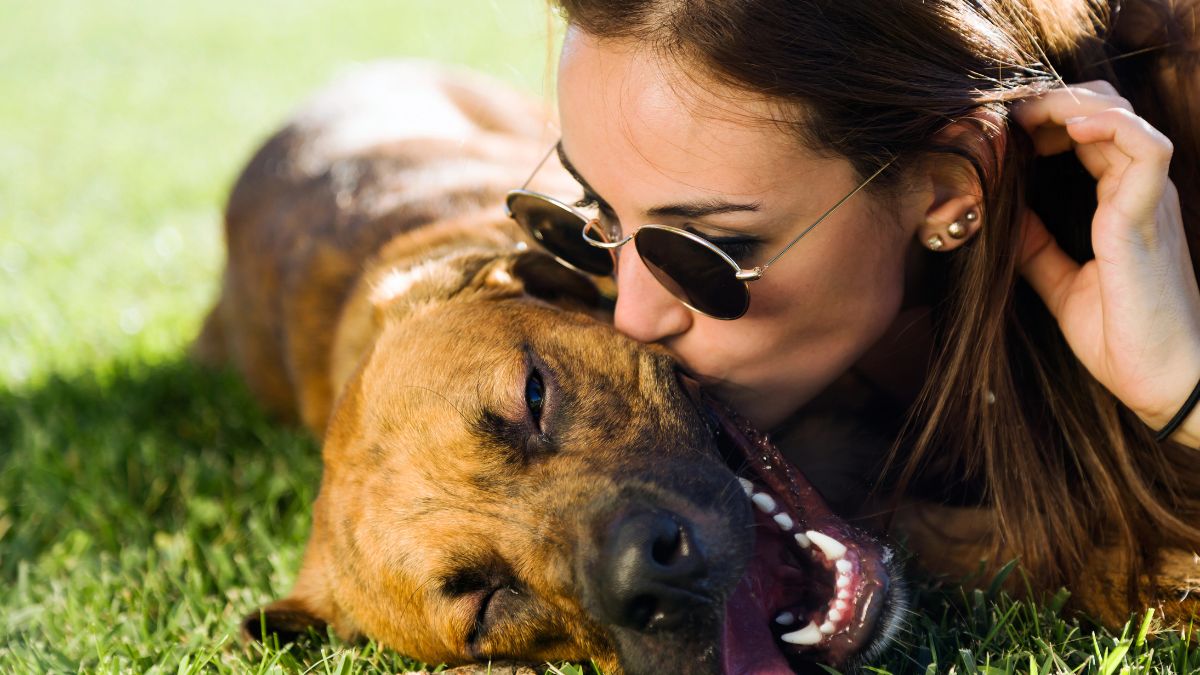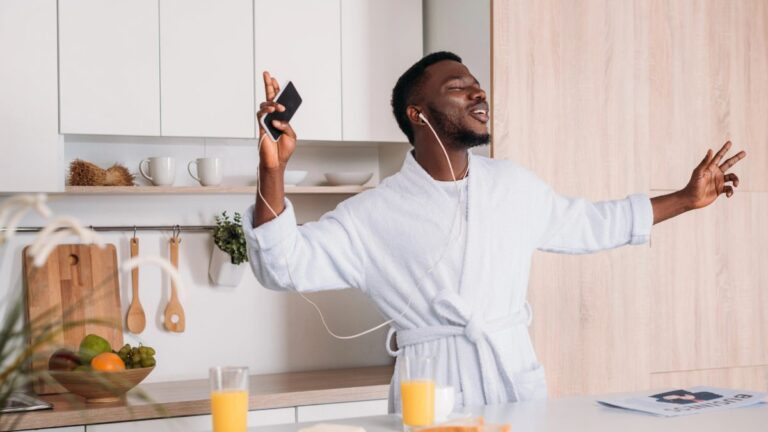15 Little Everyday Habits That Help Your Dog Feel Safe and Loved
Dogs are more than pets—they’re family. Just like people, they need to feel safe, comfortable, and cared for to be truly happy. While big gestures are grand, the small, everyday things often make the biggest difference in your dog’s life.
From gentle routines to simple acts of love, you can help your dog feel secure and joyful in your home. Here are easy ways to make your furry friend feel safe, loved, and completely at home.
Stick to a Routine
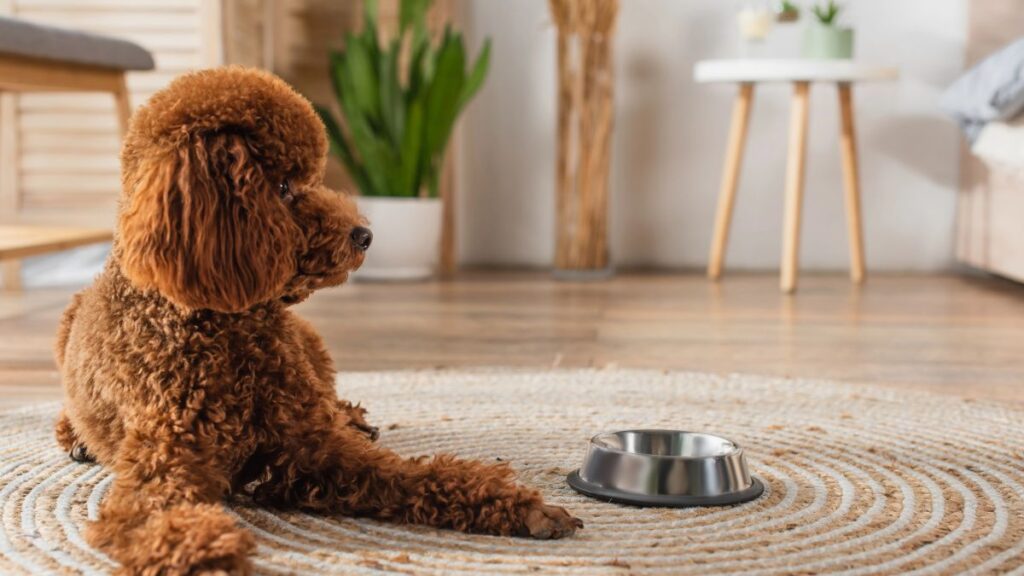
Dogs feel more secure when they know what to expect. Feeding, walks, playtime, and bedtime at regular times help them feel calm and confident.
A steady routine builds trust and lowers anxiety. Small changes, like a skipped walk or late meal, can throw them off. Keeping a regular schedule shows your dog they can count on you.
Give Gentle Praise Often
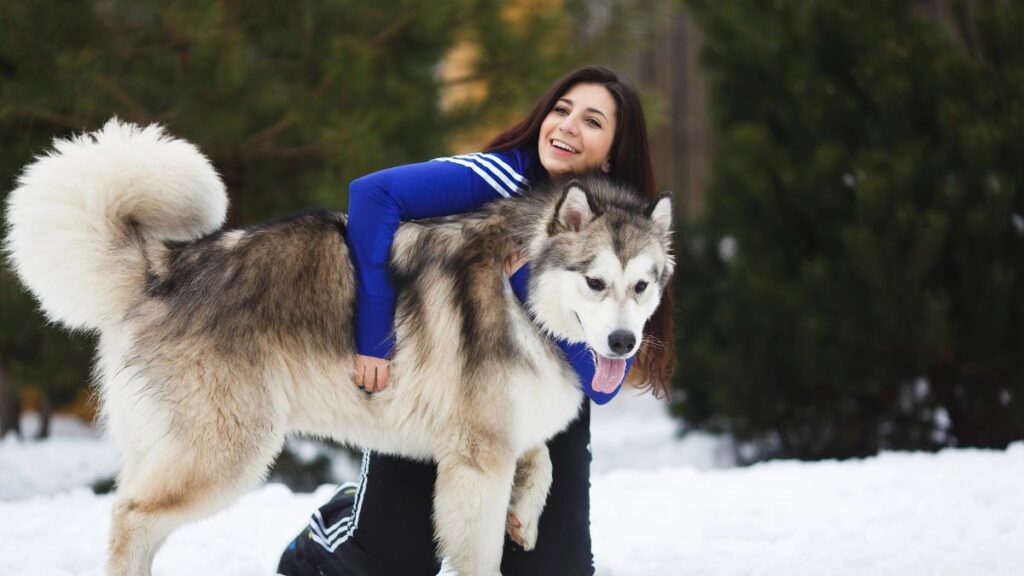
Dogs thrive on positive attention from their humans. Praising them with a happy voice or a soft pet when they do something good makes them feel proud and loved.
It also helps them understand what behaviors you like. Encouragement builds trust and helps them feel like they’re doing a great job. A little praise can go a long way.
Create a Safe Space
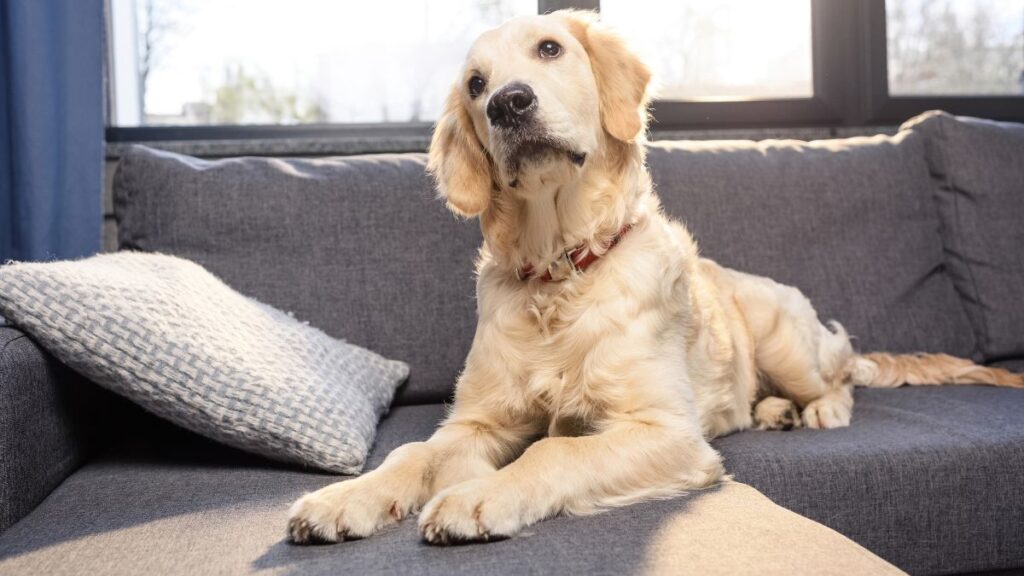
Having a special spot just for your dog helps them feel secure. It could be a cozy bed, a crate, or a quiet corner where they can relax. This is especially helpful when they’re scared or overwhelmed.
A familiar space gives them comfort and a sense of control. Letting them retreat there when needed helps reduce stress.
Use a Calm, Reassuring Voice
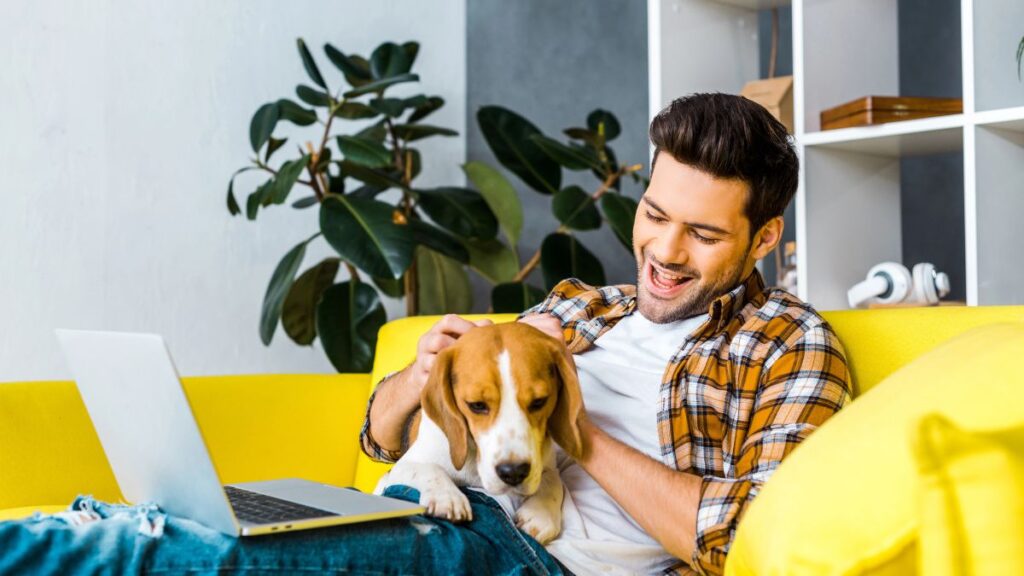
The tone of your voice matters more than the words you say. A calm, gentle voice tells your dog they’re safe and everything’s okay. When you speak harshly or loudly, it can scare or confuse them.
Even during training or corrections, keeping a kind tone helps build trust. Your voice is one of the strongest tools you have to make your dog feel secure.
Offer Physical Affection
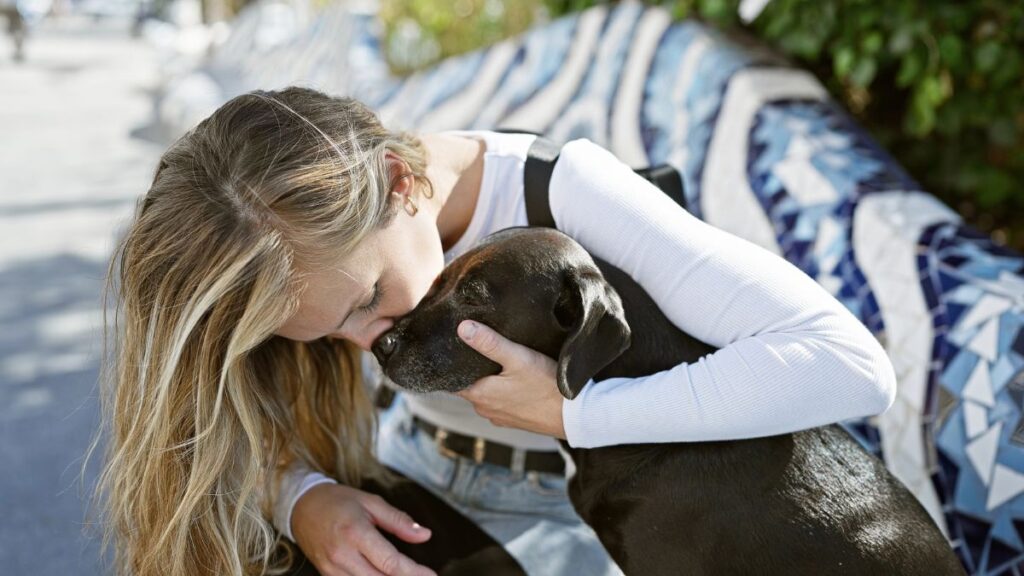
A simple pat, belly rub, or gentle cuddle can make your dog feel deeply connected to you. Most dogs love touch and see it as a sign of love and comfort.
It’s a way to bond and reassure them, especially during stressful moments. Be mindful of their body language to ensure they enjoy the attention. Every loving touch helps strengthen your bond.
Keep Their Environment Calm
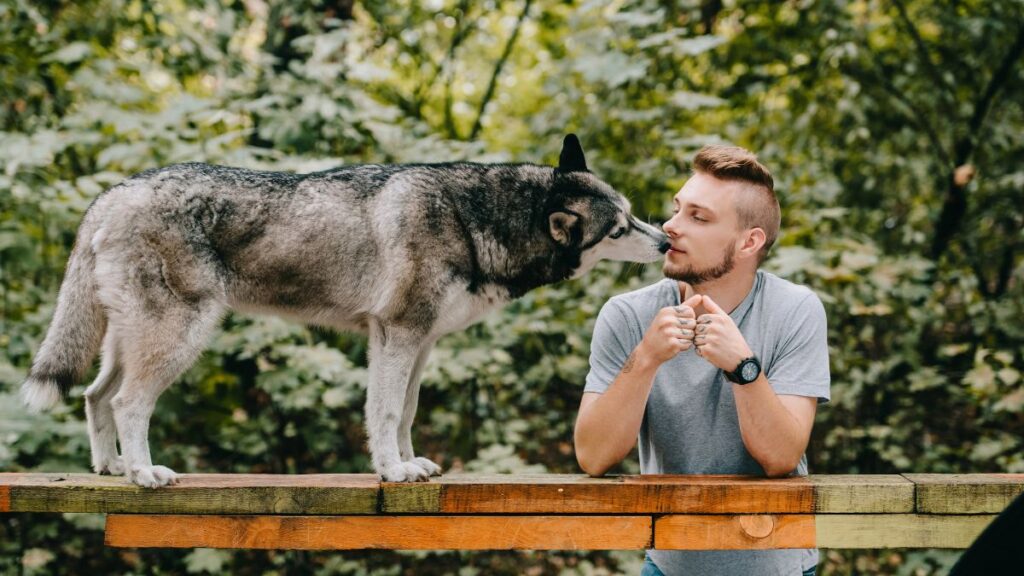
Loud noises, sudden changes, and chaotic environments can make dogs nervous. Keeping your home calm and predictable helps them feel safe.
Use soft music or white noise during storms or fireworks to soothe them. Giving them a quiet space to retreat can ease their stress. A peaceful setting goes a long way in making your dog feel at ease.
Give Them Toys and Chews
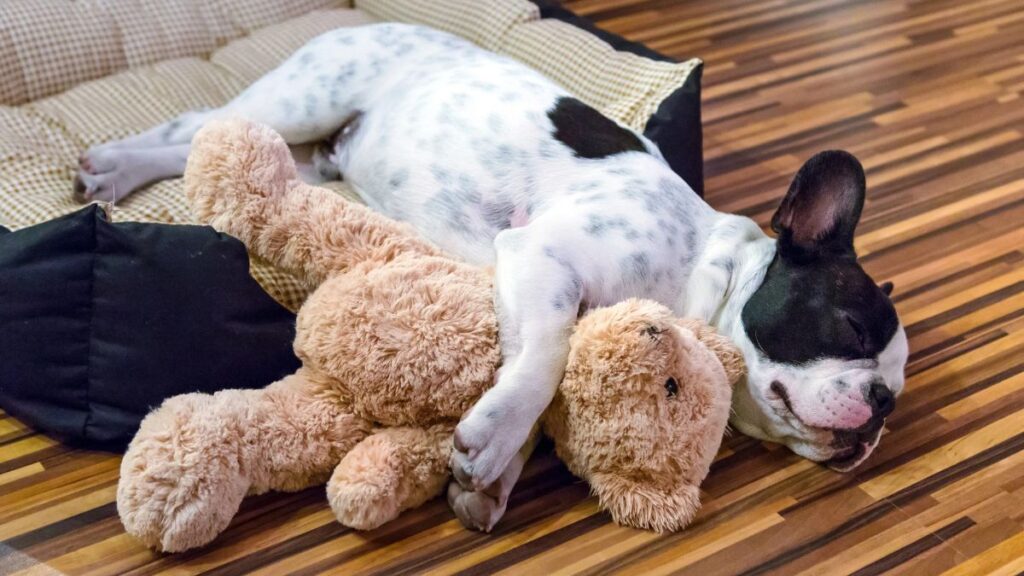
Toys and chews keep dogs mentally and physically busy. Chewing is especially soothing and helps relieve anxiety. Playing with their favorite toys also provides fun and comfort. Choose safe, age-appropriate items to keep them entertained. A well-stimulated dog is often a happier, more relaxed dog.
Keep Training Positive
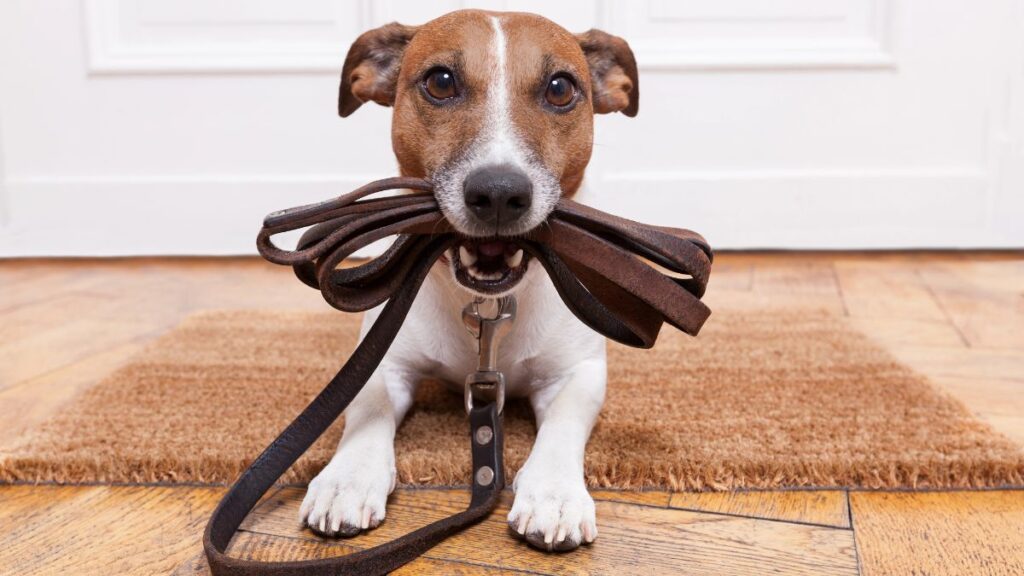
Training should be a bonding activity, not a stressful one. Use treats, praise, and patience to teach your dog new things. Positive training builds trust and helps your dog feel confident.
Avoid yelling or punishment, which can make them anxious or fearful. Learning should be fun and encouraging, not scary.
Give Them Plenty of Exercise

Daily walks, playtime, and space to move around help your dog burn off energy and stay healthy. Exercise reduces stress, boredom, and unwanted behaviors.
It also makes them feel more relaxed and content at home. Spending time together also deepens your connection. A tired dog is usually a happy dog.
Let Them Sniff and Explore
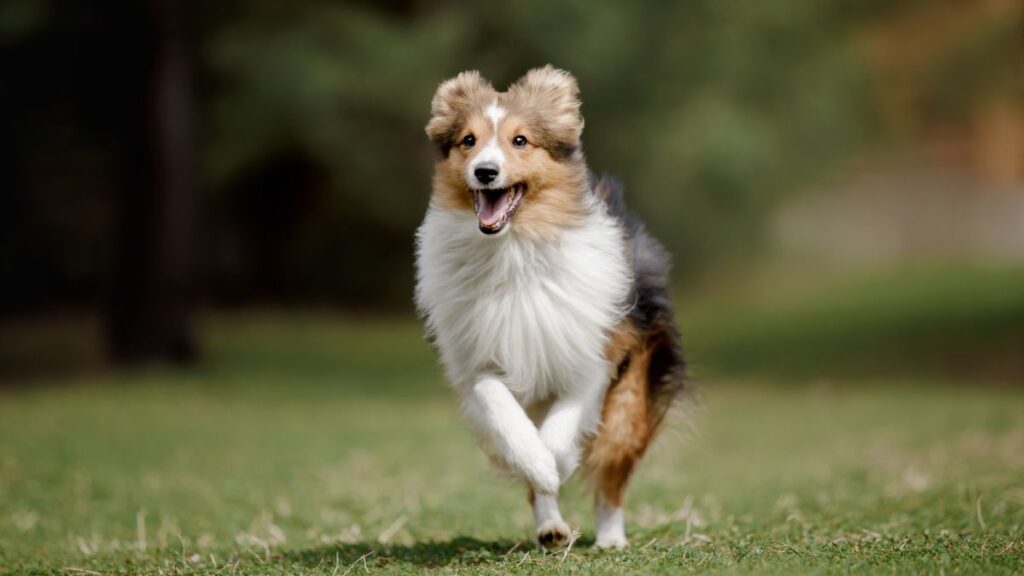
Walks aren’t just for exercise—they’re also a chance to explore. Letting your dog sniff around gives it mental stimulation and joy. Dogs experience the world through their noses; sniffing is how they learn and feel in control. Letting them take their time can help reduce anxiety. A walk at their pace builds confidence and trust.
Use Their Name with Kindness
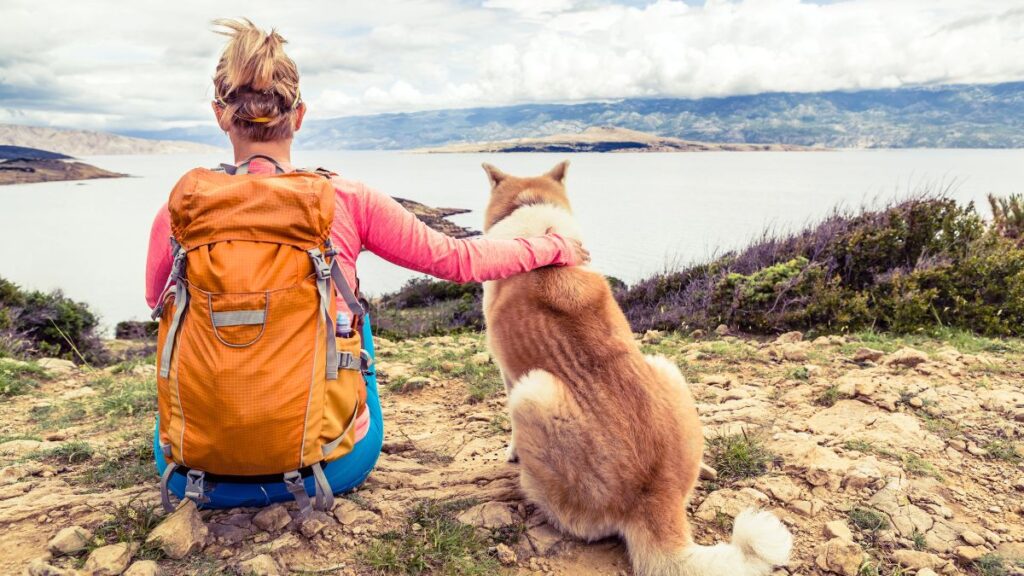
Your dog’s name should always be linked to love, not fear. When you call them, do it with a happy, welcoming tone. This helps them feel safe coming to you and builds trust. Avoid using their name when you’re upset or frustrated. A name spoken with love becomes a source of comfort.
Offer Consistent Rules and Boundaries
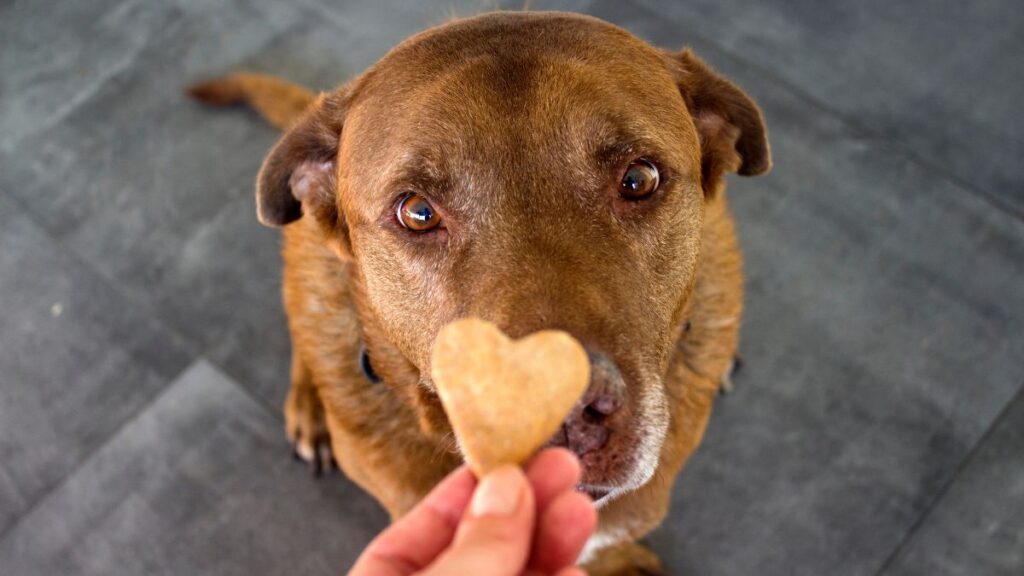
Dogs feel more secure when they understand what’s allowed and what’s not. Clear, gentle rules help them know how to behave, and consistency with expectations helps avoid confusion or stress.
Even though they may test boundaries, dogs will feel safer knowing what to expect. Structure helps dogs feel more at peace in their homes.
Be Patient During Stressful Times
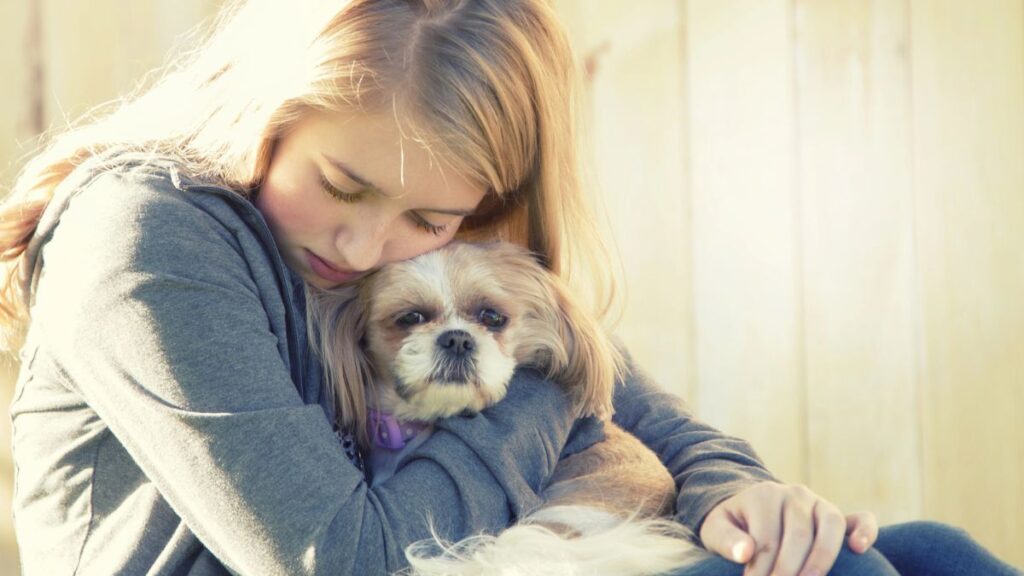
Sometimes, dogs get scared or overwhelmed, and that’s okay; whether it’s a vet visit, thunderstorm, or a new environment, your calm presence matters.
Speak gently, stay nearby, and avoid forcing them into situations too quickly. Your patience helps them feel safe during tough moments. Over time, they’ll learn to trust you even more.
Respect Their Need for Space
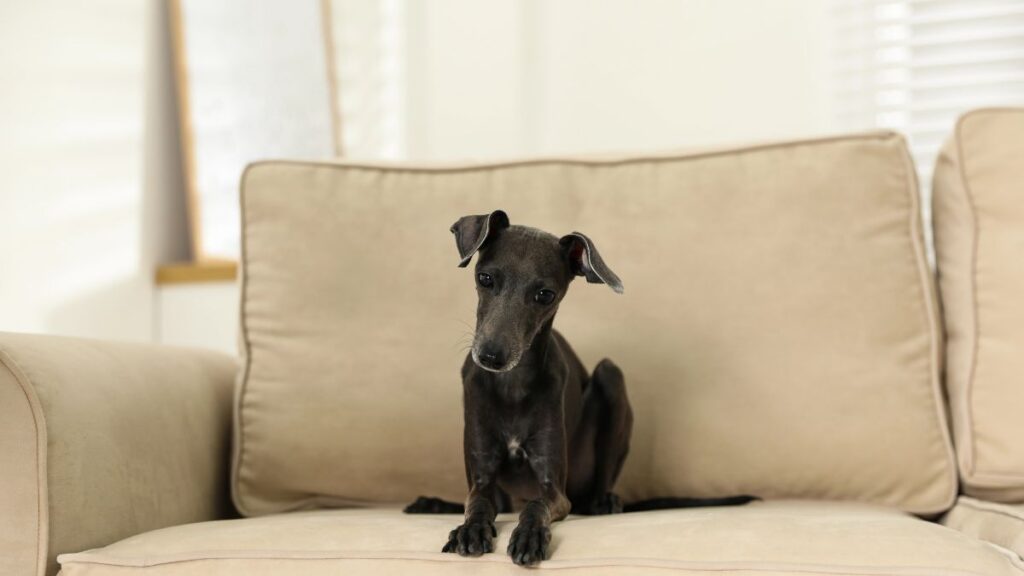
Sometimes, dogs need alone time, just like people. Let them rest without pressure if they walk away or retreat to their bed. Respecting their boundaries helps them feel secure and respected.
Forcing interaction when they’re not ready can increase stress. Giving them space when needed calmly shows love.
Show Up for Them Every Day
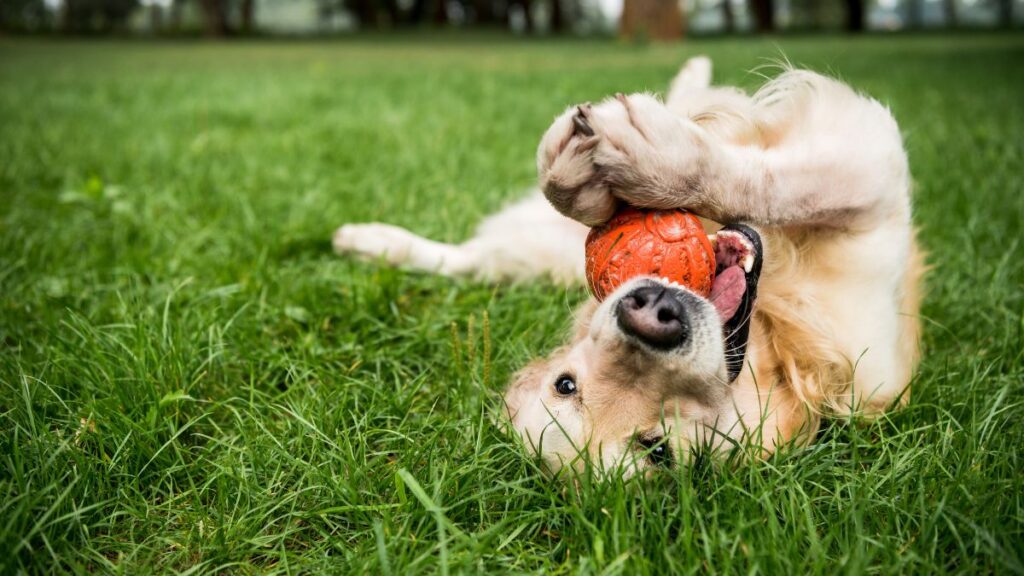
More than anything, dogs want to know you’re there for them. Feeding them, walking them, playing with them, and just spending time together shows them they matter.
It’s not about big moments—it’s about being present and dependable. The little daily routines make them feel safe and loved. Your steady presence is the best gift you can give.
Related: 15 Clever Hacks To Reduce That Never-Ending Grocery Bill

Managing grocery expenses can be challenging for many households, especially with rising food costs and fluctuating budgets.
However, with some creativity and resourcefulness, you can implement numerous clever hacks to reduce your never-ending grocery bill without sacrificing the quality or variety of your meals.

